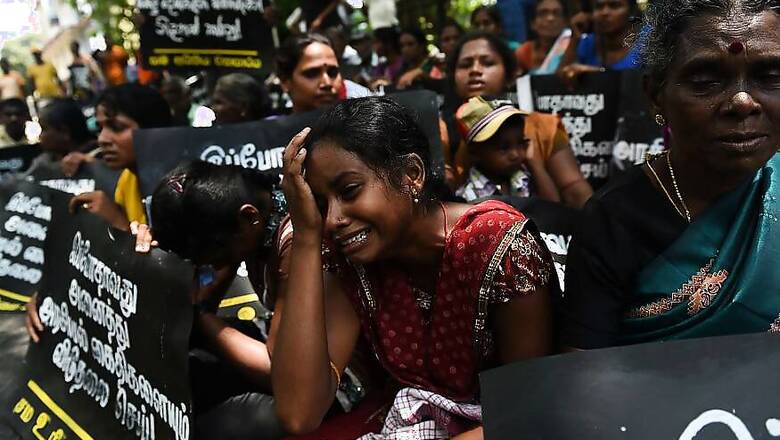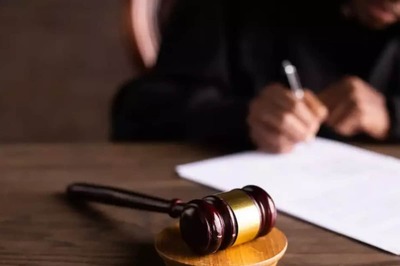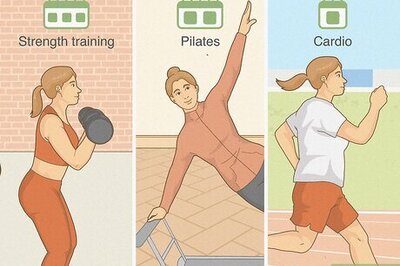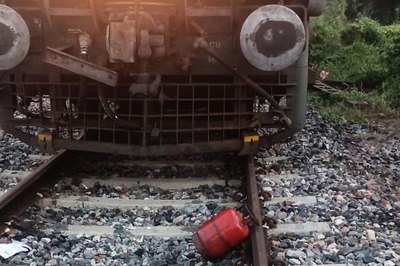
views
Colombo: Sri Lankans went on strike across the island's north on Tuesday as anger mounted over the police killing of two Tamil university students at a checkpoint.
Shops, banks and other offices were closed across the war-ravaged Jaffna peninsula and public transport was halted in protest against the shootings last week.
"The entire province is paralysed by the 12-hour work stoppage which started this morning," Tamil politician Eswarapatham Saravanapavan, who represents Jaffna district, told AFP.
"Only a few private vehicles and security services are on the road."
Officials in the northern province's four other districts said schools were also forced to shut after students stayed away, while many workers also failed to show up at government offices.
Police initially reported the students, aged 23 and 24, died in a motorcycle accident, but later said they were shot and died last Thursday night after they failed to stop at a checkpoint.
Saravanapavan said the strike was the largest in Jaffna since the end of the war in 2009 between the military and rebels fighting for a separate homeland for the ethnic Tamil minority.
The shootings have hiked tensions in the north where Tamil residents suffered years of harassment from the ethnic Sinhalese-dominated military before and during the decades-long conflict.
Government forces still maintain a large presence in the former-war zone and keep a close watch on the Tamil population, seven years after the end of the war.
Police inspector general Pujith Jayasundara said five officers have been suspended and remanded in custody pending an investigation into the shootings.
"We have taken disciplinary action even before theprotest," Jayasundara told reporters.
"We are also investigating why they tried to cover up the incident."
Saravanapavan, a lawmaker from the opposition Tamil National Alliance, said they wanted assurances of justice for the two students.
He said there were serious doubts about the police version of events.
An autopsy report showed the rider had been shot in the chest, indicating he had been killed while approaching the checkpoint and not while fleeing without stopping, Saravanapavan said.
The incident comes after a UN human rights expert asked Colombo this week to take urgent measures to "clearly demonstrate" its commitment to protect its minorities.

















Comments
0 comment